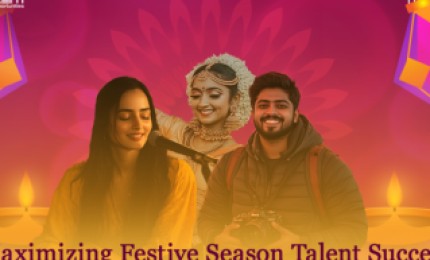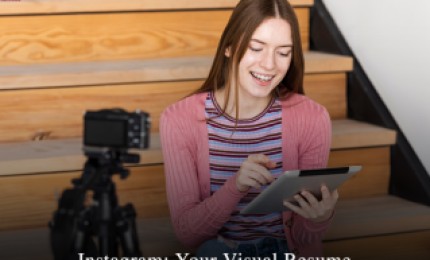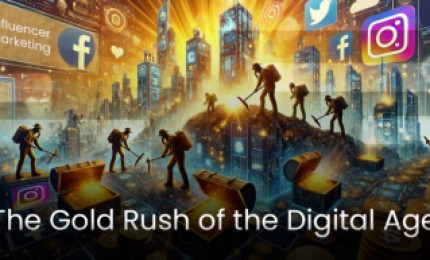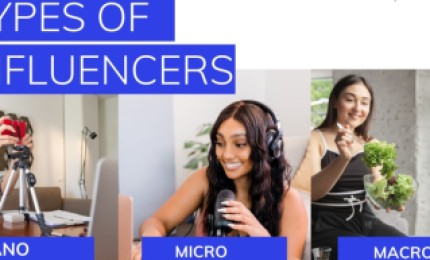Influencer marketing has come a long way from its inception. Originally seen as just another form of celebrity endorsement, it has evolved into a complete marketing strategy employed by brands across the globe. This profound shift has redefined how companies engage with their audiences, integrating the personal touch of individual influencers with traditional advertising techniques.
Influencer marketing has its roots in human nature to follow and believe in well-respected role models and peers. At first, celebrities were the main target for endorsement deals. But the internet's growth and the emergence of social media sites like Facebook, Instagram, YouTube, and eventually TikTok revolutionized the power structure. All of a sudden, anyone who can engage their audience and has a solid content strategy may become an influencer.
Businesses began to realize in the early 2010s how powerful these new influencers could be as social media platforms spread. These people provided direct interaction with niche audiences through tailored content, something that celebrities could not. Because influencers were able to establish genuine connections, engagement rates increased, making influencer marketing a desirable approach for companies.
The audience's sophistication increased along with the growth of the influencer marketing sector. Customers started to appreciate authenticity and were able to tell when an influencer's support did not seem sincere. Influencers chose collaborations more in line with their personal brands and ideals, which resulted in a notable movement towards authenticity.
This change was strengthened by regulatory developments requiring transparency in sponsored content. For example, the Federal Trade Commission in the United States required clear disclosures for sponsored posts to ensure that audiences could distinguish between paid and organic content. This move helped maintain the integrity of influencer marketing by restoring trust between influencers and their followers.
The importance of nano- and micro-influencers was quickly realized by the industry. These influencers, in contrast to their more well-known peers, usually have smaller but very active followings. Higher engagement rates are frequently the outcome of their capacity to build strong relationships with their audience. Because their recommendations are viewed as more dependable and intimate, brands have discovered that collaborations with these influencers frequently result in more genuine relationships.
The influencer marketing environment has been further altered by technological breakthroughs. Present platforms offer comprehensive statistics, enabling marketers to monitor the effectiveness of their influencer efforts with accuracy. Finding the best influencers, forecasting the success of possible alliances, and maximizing the timing and placement of influencer content are all made easier with the use of artificial intelligence and machine learning.
Furthermore, the way that customers engage with influencer marketing has been completely transformed by the direct integration of e-commerce functionalities into social media platforms. By enabling users to complete transactions without ever leaving the platform, these tools take advantage of the tendency toward impulsive purchasing that influencer sponsorships may trigger.
Traditional advertising has changed from being a monologue to a dialogue, thanks to influencer marketing. Brands now work with influencers to modify and circulate their marketing messages in ways that truly connect with target audiences, rather than being the exclusive authors of these messages. This not only increases the relatability of the marketing campaigns but also makes it possible to assess engagement and effectiveness directly.
AI is becoming an invaluable companion for up-and-coming performers and artists in the entertainment sector. It provides resources that facilitate career development and increase visibility. Creatives can adjust their public personas and marketing tactics in accordance with the results of AI-driven platforms' analysis of massive datasets, which forecasts what material is likely to perform well.
Adnaan Shaikh, an Indian fashion and fitness model, YouTuber, and social media influencer who was previously well-known for his TikTok following, is building a name for himself. By posting videos of himself dancing, singing, reacting, playing practical jokes, and lip-synching, he has amassed a sizable online following. Adnaan has also promoted a wide range of goods, acting as the face and spokesperson for businesses in the sports, fashion, skincare, and apparel industries, such as Deluxe Collection Kurla, Beardo, Funky Boys Boutique, and Rock Code Clothing Co. Future brands are likely to recognize him, which will further advance his career in the industry.
Influencer marketing's direction indicates that the future will be more integrated, with developments like the emergence of virtual influencers and AI-generated content. These developments point to a future in which it may become more difficult to distinguish between reality and digital influence, opening up new possibilities for how marketers interact with consumers.
Influencer marketing has come a long way, growing from simple beginnings to become a key part of business strategies. It plays a big role in how places like AllTalent connect with people looking for opportunities. As things online keep changing, AllTalent relies more on influencers to keep up with trends and to make sure they keep connecting the right talent with the right opportunities in the entertainment world. This approach helps keep the platform relevant and effective in a fast-evolving industry.

The Definitive Guide to Festive Season Success: A Comprehensive Resource for Agency Talent The festive season presents a golden opportunity for talent agencies to leverage their expertise, boost...
Read Blog
1. Introduction In today's interconnected world, social media has transcended its original purpose of personal connection to become an indispensable tool for professional growth and...
Read Blog
Introduction: The Rise of Influencer Marketing In recent years, the marketing landscape has undergone a seismic shift. Traditional advertising methods have given way to more personalized,...
Read Blog.png)
Introduction Social media has revolutionized the way we share experiences, especially in the travel industry. Travel influencers have emerged as modern-day explorers, inspiring wanderlust in their...
Read Blog (1200 x 628 px).png)
We live in a world interconnected through advancing technology and the Internet. That said, online content is abundant. With so much competition, knowing how to make your content go viral is...
Read Blog
Introduction In today's digital age, influencer marketing has emerged as a powerful tool for brands looking to enhance their visibility and engagement. Influencers are not just people with...
Read Blog